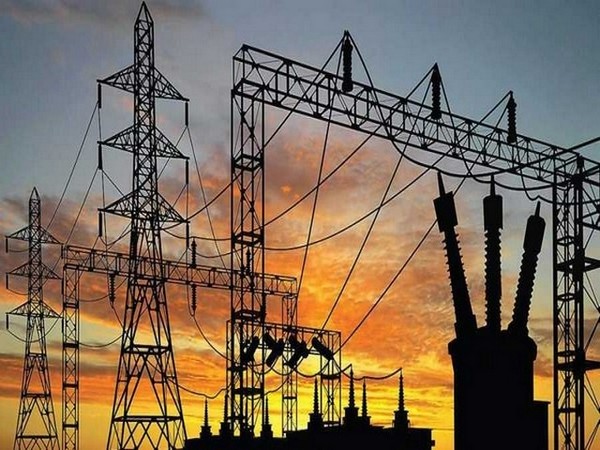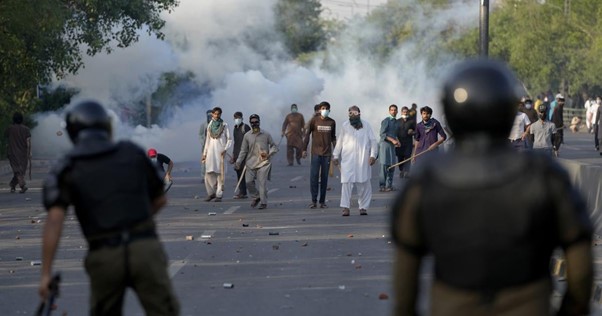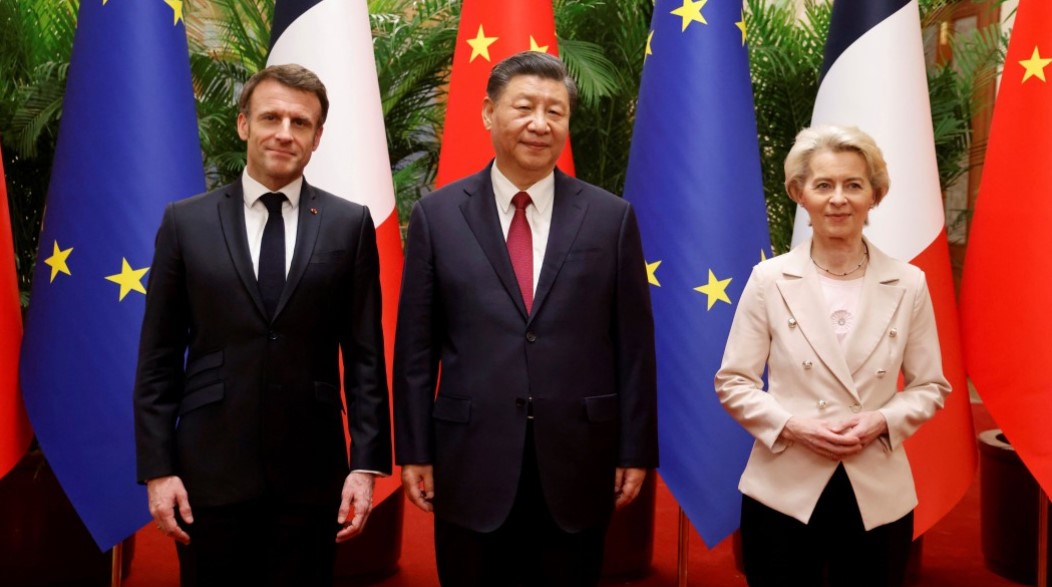
The Economic Impact of 2020 Coronavirus Pandemic on India
Fri, 09 Jul 2021 | Reading Time: 3 minutes

The economic impact of the coronavirus pandemic in India has been largely disruptive. India’s growth in the fourth quarter of the fiscal year 2020 went down to 3.1% according to Ministry of Statistics. Notably India had also been witnessing a pre-pandemic slowdown, and according to world bank, the current pandemic has “magnified pre-existing risks to India’s economic outlook”. CRISIL announced that this will perhaps be India’s worst recession since independence.
During the lockdown Indian economy was expected to lose over US$4.5 billon every day during 21 days lockdown. Those in the informal sectors and daily wage groups have been at the most risk. The Stock markets in India posted their worst loses in history on 23 March 2020. However, on 25 March, one day after complete 21-days lockdown was announced by the Prime Minister, SENSEX and NIFTY posted their biggest gains in 11 years.
The “first unlock” on 1 June had varying degrees of the opening of the economy. On 17 April, the RBI Governor announced more measures to counter the economic impact of the pandemic including US$7.0 billion special finance to NABARD, SIDBI, and NHB. However, by that time the government had announced a economic stimulus package worth US$280 billion . During the same time frame World Bank approved US$1 billion and Asian Development Bank approved US$2.2 billion for assistance in COVID-19 pandemic fight.
2020 was an unprecedented year for India’ startup ecosystem. During the 70-day lockdown, a large number of startups struggled, and 15% of India’s 40,000 startups ultimately had to shut shop as a result of the pandemic. It’s also been a year marked by resilience and reinvention. And, for many digital and digitally enabled startups, it’s been a year of remarkable growth.
During the lockdown, founders were forced to reimagine their businesses. Almost all startups restructured their companies and significantly reduced costs. Many had to explore new distribution channels or new customer segments. Omnichannel consumer brands shifted completely online. We also saw many startups ramp up product innovation.
Due to frequent cycles of intense competition, many startups in India pursued growth at any cost over the past five years, often posting very high losses for the scale of their business. Covid-19 caused a rethink. For instance, in transaction-driven startups (e-commerce, online food delivery, etc.) founders realized that the days of losing money on every order were over in India and worked hard to create viable unit economics – and chart a path to profitability. That included trimming costs, reducing discounting and unlocking new revenue levers. This mindset, born out of the pandemic, will give rise to leaner, more competitive companies that are more likely to endure.
Small Businesses
Over three-fourths of small businesses in the country have shown an adverse impact on their health during the Covid-19 pandemic, with those in the manufacturing sector reporting more troubles. The Covid-19 pandemic has caused the contribution of 64 million SMEs to come down to 25% from 29% before the pandemic, with more value being destroyed than earned. From this situation, to make them the driving force of India’s economic progress implies that they need to influence 40% of India’s economy. The jump from 25% to 40% of India’s GDP is a tall order.
Hyatt Regency Mumbai is not the sole branded hotel to temporarily shut down in the devastating aftermath of the second Covid-19 wave. Data shared exclusively with ET by industry tracker STR shows about 270 branded hotels totalling around 20,000 rooms have temporarily closed in India due to the second wave. Eight hotels of branded chains have permanently shut down.
The domestic hospitality industry has been one of the worst-hit sectors, severely affected by the COVID-19 pandemic and subsequent lockdowns, which restricted mobility and hotel occupancies in all the major markets, the Icra report stated. Icra research observed that pan-India occupancy hit an all-time low of 18-20 per cent in eight months of the financial year 2021, down from 64-65 per cent in the previous year.
Disclaimer
The opinions expressed in this article are the author’s own and do not reflect the views of Chanakya Forum. All information provided in this article including timeliness, completeness, accuracy, suitability or validity of information referenced therein, is the sole responsibility of the author. www.chanakyaforum.com does not assume any responsibility for the same.
Chanakya Forum is now on . Click here to join our channel (@ChanakyaForum) and stay updated with the latest headlines and articles.
Important
We work round the clock to bring you the finest articles and updates from around the world. There is a team that works tirelessly to ensure that you have a seamless reading experience. But all this costs money. Please support us so that we keep doing what we do best. Happy Reading
Support Us




















POST COMMENTS (0)